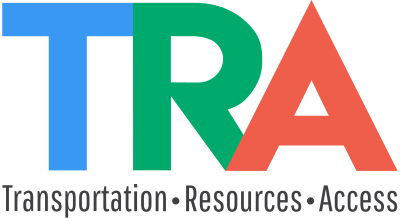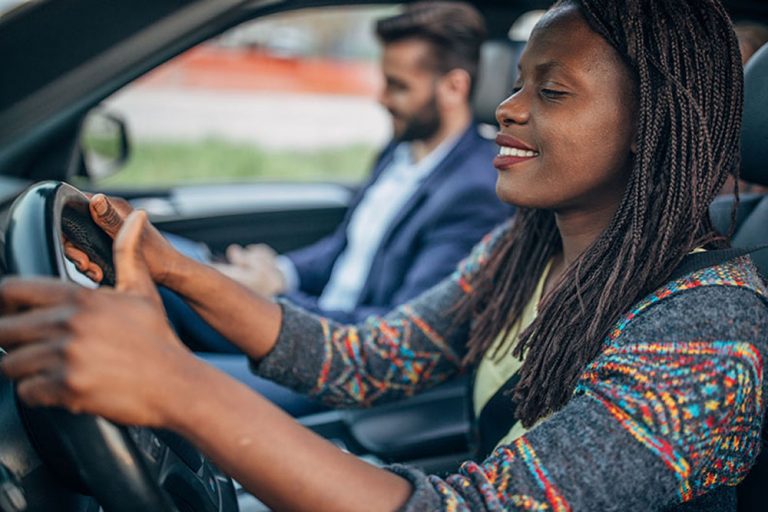For many adults, a car is an everyday necessity. For some, driving is a passion and a car represents status. For others, driving means having personal autonomy. For older adults who may have difficulty navigating or walking to public transportation, or who live in more remote areas, driving is a lifeline. It’s often the only option for independence and mobility.
While some people can safely drive well into their later years, others may need stop significantly sooner. A variety of factors may lead us to put the brakes on driving — vision impairment, illness or injury, medications, a range of health conditions, or a general decline in physical and cognitive function. So, what happens when we’re no longer able to be behind the wheel? What happens when we lose our independent mobility?
“You have options,” says Catherine Wynkoop, president, TRA, a transportation nonprofit based in Westchester County. “Depending on where you live and where you’re going, you have choices. These might include tapping volunteer drivers, taking public transit like buses and trains, sharing vans, calling for taxis, or using ride hailing services like Uber and Lyft.”
So, how to determine which is best for you?
“First, consider how accessible the service is, and what the costs are,” Wynkoop points out. “Then, when evaluating your alternatives, find out if the services are door-to-door, if reservations are needed, and whether rides are provided on evenings and weekends or during business hours. You may also want to ask if rides are restricted by destination, and if the service provide for social, medical, or shopping rides. Price is important, too.”
With that in mind, here’s a look at some of the transportation options in Westchester County:
TRA
This collaborative nonprofit organization is the leading provider of volunteer rides to medical appointments for older adults and visually impaired adults in Westchester County. The organization screens and registers their volunteer drivers, who provide rides to doctor, dentist, physical and occupational therapy, cancer treatment and COVID vaccination appointments. It also provides information and referral services to help older adults age-in-place. There’s no fee but donations are accepted. Riders must be aged 60+ or aged 21+ with a vision impairment to be eligible. Reservations are required for all rides which are provided door-to-door throughout Westchester County.
Westchester County Bee-Line Para Transit Service
The County’s Bee-Line ParaTransit is a shared ride service for people with disabilities who are not able to ride on a regular fixed route bus. Reservations must be made online or via phone, from one to seven days in advance. The service is curb-to-curb, which means vehicles to not enter driveways or parking lots. The fare is $5 each way and rides are not limited to medical transportation.
Private options via membership organizations
Several communities in Westchester offer information about local aging-in-place organizations that are dedicated to proving services for older adults who choose to live at home. Membership fees are paid to offset the cost of services, including transportation to medical appointments, shopping, and social engagements. For details, find an aging-in-place organization near you.
Many more transportation options are available in the County, such as services available via municipal parks and recreation departments; private taxi services, or specialty transportation options including the American Cancer Society’s “Road to Recovery” program. Westchester County’s Department of Senior Programs and Services provides additional details in this brochure. Click here to download brochure.
Even with these other options, you may call WestFair Rides at 914-764-3533 for information and a referral to the service that’s right for you, says Wynkoop.
“If you or someone you know has recently stopped driving, it may feel like the world is out of reach,” Wynkoop says. “But it need not be an end to your freedom. After evaluating and selection new transportation options, you may find that you may continue to enjoy an independent and fulfilling lifestyle.”


